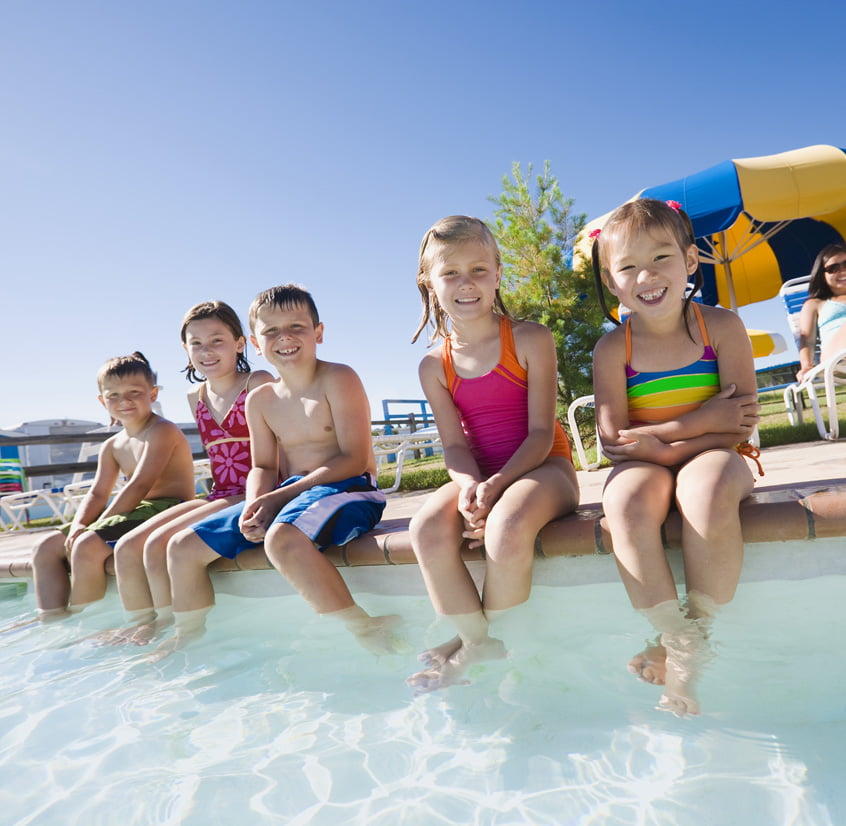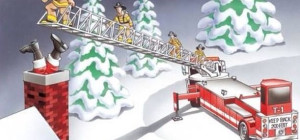 They are adventurous and prone to trying dangerous things, frequently act before they think, and often assume the word "no" is just meant to stop them temporarily. They are children. Adorable and fun loving, they brighten up a parent's entire world. At the same time they can turn someone who was once a carefree, spur of the moment person to a regimented, hovering parent. Never is this more important than while swimming. Most children are drawn to water and do not see how dangerous it can be. As a result it is imperative that they be monitored vigilantly while close to a pool.
They are adventurous and prone to trying dangerous things, frequently act before they think, and often assume the word "no" is just meant to stop them temporarily. They are children. Adorable and fun loving, they brighten up a parent's entire world. At the same time they can turn someone who was once a carefree, spur of the moment person to a regimented, hovering parent. Never is this more important than while swimming. Most children are drawn to water and do not see how dangerous it can be. As a result it is imperative that they be monitored vigilantly while close to a pool.
Did you know that drowning accidents are responsible for more deaths among children ages 1-4 than any other accidents? The majority of kids drown in a swimming pool. Shockingly 19% of drowning deaths in children take place in a public pool with a lifeguard present meaning that you, as a parent, can never let your guard down and assume someone else is watching out for your son or daughter. Likewise 70% of children under the age of 4 that drown are in the presence of both parents reiterating the need to always be aware regardless of who else is with you.
All of these facts are not meant to scare you into keeping your child as far away from the water as possible, but instead to educate you on the need to have pool safety rules in place. Here are some precautions that you can take to make sure your child is protected.
- If at all possible, barricade the pool. A pool fence is a fantastic way to keep your child away from the pool unless someone is with them. It is suggested that they be at least four feet tall with slats that the child is unable to slide through. Above all it should feature a latch that your child cannot reach. Audible gate alarms are also available that will sound if the gate is opened alerting someone in the house.
- If you have an above ground pool ensure that you remove the ladder when it is not in use so that your child is not tempted to go in alone.
- Never leave them alone. Not even for a second. If you have to go inside for any reason make them get out first. They may fuss for a minute, but that is better than the alternative.
 Provide your child with swimming lessons preferably taught by a lifeguard.
Provide your child with swimming lessons preferably taught by a lifeguard.- Never, ever let your child go to the pool alone. Even if your child is able to swim this is not a guarantee that they cannot drown. Numerous unfortunate things could occur such as hitting their head and losing consciousness.
- Absolutely no running around the pool!! No pushing in or around the pool and no dunking others while in the water.
- Put all toys/ floats up when they are not in use. Do not just place them in the walkway.
- Dive only in areas that are meant for diving. The shallow end is not a suitable spot.
- Learn CPR. If you are unsure of where to go for a class, call your local hospital. They, most likely, can point you in the right direction.
- Follow the rules yourself. The rules that you have set forth for your child must be followed by EVERYONE. This means that you, too, cannot run around the edge or dive into the shallow end.
Swimming is a great activity especially on a hot summer day. Not only does it allow you and your children the opportunity to cool off, but it allows for family quality time, time to play with their friends, and is an excellent form of exercise. That being said, it is also a huge responsibility. Have fun and stay safe!








